Home>Articles>Why Is Range Hood Vent Making Noise When Windy?
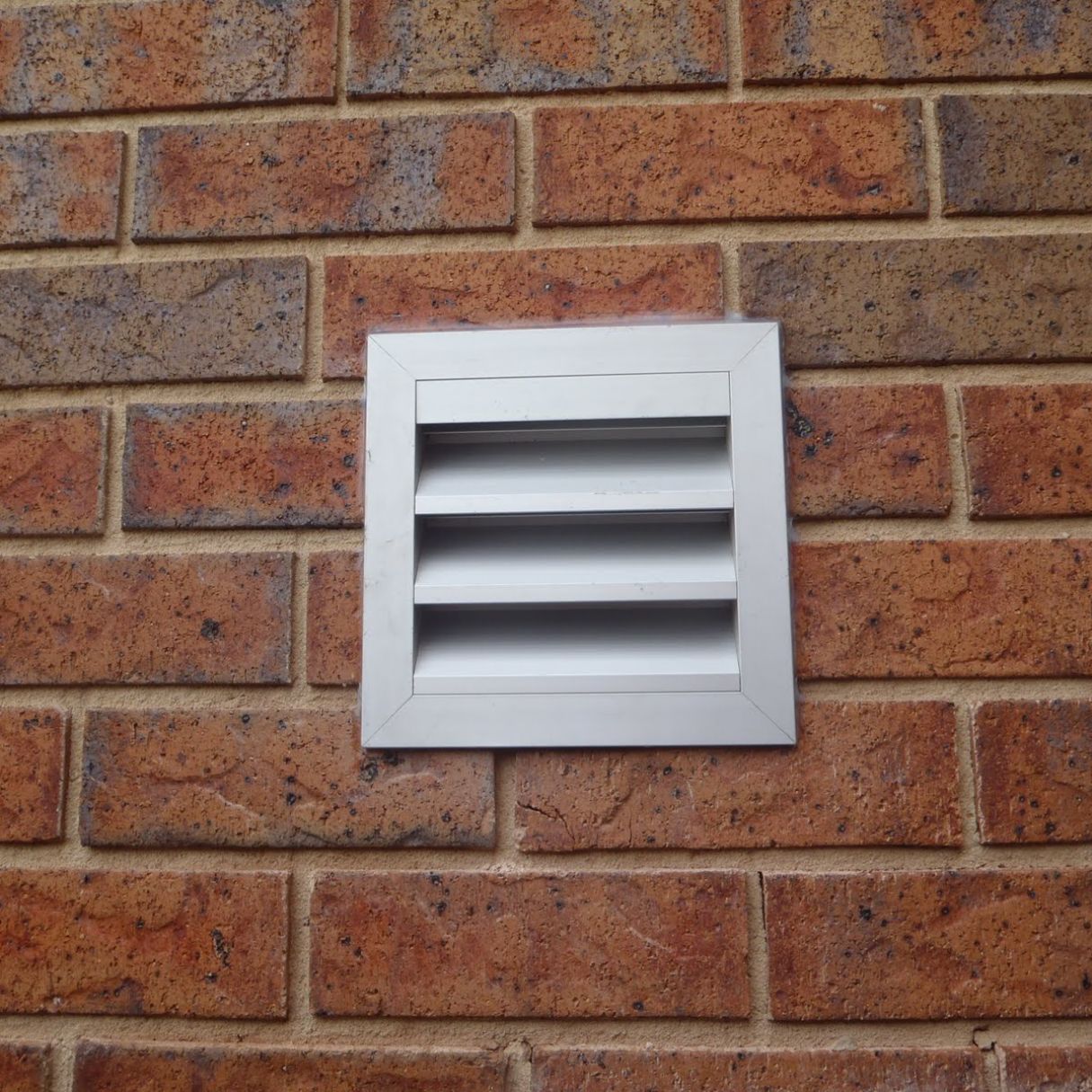

Articles
Why Is Range Hood Vent Making Noise When Windy?
Modified: May 6, 2024
Discover why your range hood vent is making noise on windy days and learn how to fix it with our informative articles.
(Many of the links in this article redirect to a specific reviewed product. Your purchase of these products through affiliate links helps to generate commission for Storables.com, at no extra cost. Learn more)
Introduction
When it comes to maintaining a peaceful and comfortable home environment, a range hood plays a vital role in keeping your kitchen free from smoke, odors, and grease. However, it can be quite frustrating when your range hood vent starts making noise, especially when it’s windy outside. The constant rattling or humming sound can disrupt your cooking experience and even disturb the tranquility of your home.
In this article, we will explore the common causes of range hood vent noise when it’s windy and provide effective solutions to fix the issue. By understanding the underlying factors contributing to the noise and implementing the appropriate remedies, you can restore the peace and functionality of your kitchen space.
Let’s dive deeper into the world of range hood vents and start unraveling the mystery of the noise.
Key Takeaways:
- Don’t let a noisy range hood vent disrupt your cooking experience during windy conditions. Identify and address common causes such as loose flaps, inadequate insulation, and wind pressure to restore tranquility to your kitchen.
- Implement solutions such as tightening loose components, insulating ductwork, and adding wind deflectors to effectively reduce or eliminate range hood vent noise. Regular maintenance and professional assistance can ensure a peaceful and efficient kitchen environment.
Read more: Range Hood Making Noise When Off
Understanding the Range Hood Vent
Before we explore the reasons behind the noise, let’s take a moment to understand the function and components of a range hood vent. A range hood vent is an essential appliance that helps remove smoke, steam, and cooking odors from your kitchen. It consists of a canopy or hood that is mounted above your cooking surface, a duct that carries the air outside, and a fan that pulls the air through the vent.
The vent works by capturing the airborne particles and directing them outside, preventing them from spreading throughout your home. This not only helps improve the air quality, but it also helps protect your kitchen surfaces from grease buildup and minimizes the risk of fire hazards.
Typically, a range hood vent will have a flap or damper at the exterior opening of the duct to prevent unwanted air from entering when the vent is not in use. However, during windy conditions, the airflow can create turbulence and cause the flap to vibrate or make noise. This can be particularly annoying, especially if your kitchen is located in an area that experiences frequent wind gusts.
Now that we have a better understanding of the range hood vent and its purpose, let’s explore the common causes of noise when it’s windy outside.
Common Causes of Noise When Windy
When your range hood vent is making noise during windy conditions, it can be attributed to a few common causes. By identifying these causes, you can take the necessary steps to fix the issue and enjoy a quieter kitchen environment. Let’s take a look at some of the most common culprits:
- Loose or damaged flaps: The flaps or dampers at the exterior opening of the duct are designed to prevent the entry of outside air. Over time, these flaps can become loose or damaged, leading to vibrations and noise when the wind blows. Inspect the flaps and tighten any loose screws or replace them if necessary.
- Inadequate insulation: Poor insulation around the duct can also contribute to noise during windy conditions. If the ductwork is not properly insulated, the wind can create a whistling or humming noise as it passes through the gaps or cracks. Consider adding insulation around the duct to minimize the noise.
- Improper installation: If the range hood vent was not installed correctly, it can result in excess movement or instability when it’s windy. This can cause the vent to rattle or vibrate, leading to noise. Consult a professional to ensure proper installation and make any necessary adjustments.
- Blocked ducts: Debris, leaves, or other obstructions in the duct can obstruct the airflow and cause abnormal noise when the wind blows. Regularly clean and inspect the ductwork to ensure it is clear of any blockages. A clean duct will not only prevent noise but also improve the overall performance of your range hood vent.
- Wind pressure: In some cases, the noise may simply be a result of wind pressure pushing against the vent or the hood canopy. This can cause the materials to vibrate or create a whistling sound. Adding additional supports or wind deflectors can help mitigate the impact of wind pressure and reduce the noise.
These are some of the most common causes of range hood vent noise during windy conditions. By identifying the specific cause in your case, you can proceed with the appropriate steps to resolve the issue.
Check if the vent cap is securely attached and not loose. Adding a wind baffle or installing a vent hood with a built-in wind baffle can help reduce noise during windy conditions.
How to Fix a Range Hood Vent Making Noise When Windy
If your range hood vent is making noise when it’s windy outside, there are several steps you can take to address and resolve the issue. Here are some effective solutions to help you fix a noisy range hood vent:
- Tighten loose components: Inspect the flaps, screws, and other components of your range hood vent. If you notice any loose parts, tighten them using a screwdriver or appropriate tool. This will help reduce vibrations and minimize noise during windy conditions.
- Replace damaged flaps: If the flaps are damaged or no longer functioning properly, consider replacing them. Faulty flaps can lead to excessive noise and prevent the vent from functioning efficiently. Replace the flaps with new ones designed for your specific range hood model.
- Insulate the ductwork: Proper insulation can significantly reduce noise caused by wind passing through the duct. Use insulated duct sleeves or wrap insulation around the ductwork to minimize noise transmission. This will not only help reduce noise but also improve the overall energy efficiency of your range hood vent.
- Reposition the vent: Sometimes, the positioning of the vent can contribute to excessive noise during windy conditions. Consider repositioning the vent to a location that is less exposed to strong winds. This may involve consulting a professional to ensure proper ventilation and installation.
- Clear obstructions: Regularly inspect and clean the ductwork to remove any debris, leaves, or other obstructions that may be causing airflow disruptions and noise. Use a vacuum cleaner or a brush to clear the ducts and ensure smooth airflow.
- Add wind deflectors: Install wind deflectors or wind baffles on the exterior of the vent to minimize the impact of wind pressure. These devices can redirect the airflow and reduce the vibration and noise generated by the wind. Consult a professional or refer to the manufacturer’s guidelines for proper installation.
By implementing these solutions, you can effectively address and fix a range hood vent that makes noise when it’s windy. However, if the issue persists or if you’re unsure about the right course of action, it’s best to consult a professional technician who specializes in range hood vent repairs. They will be able to diagnose the problem accurately and provide you with the appropriate solution.
Conclusion
Noise from a range hood vent can be quite irritating, especially when it occurs during windy conditions. However, by understanding the functioning of the vent and identifying the common causes of noise, you can take the necessary steps to address and fix the issue.
Whether it’s tightening loose components, replacing damaged flaps, insulating the ductwork, repositioning the vent, clearing obstructions, or adding wind deflectors, there are various solutions you can try to reduce or eliminate the noise. Remember to consult a professional if you’re unsure or if the issue persists.
Keeping your range hood vent properly maintained and functioning optimally is crucial for a peaceful and efficient kitchen environment. Regular inspections, cleaning, and repairs can go a long way in ensuring the smooth operation of your vent and minimizing any potential noise issues.
By implementing the necessary solutions and maintaining your range hood vent, you can enjoy a quiet and pleasant cooking experience, free from the disruptive noise caused by windy conditions. With a well-functioning range hood vent, you can confidently cook your favorite dishes without any disturbances.
So, don’t let a noisy range hood vent ruin the tranquility of your kitchen. Take action today and restore the peace in your cooking space.
Now that you've got a handle on quieting that noisy range hood vent, why not ensure the rest of your house is just as serene? Regular upkeep is vital for keeping any home in tip-top shape, and we've got all the details you need. Our next article provides practical advice on what tasks should be part of your routine home maintenance. Whether you're a seasoned homeowner or just starting out, you'll find valuable tips to keep your space running smoothly without breaking a sweat.
Frequently Asked Questions about Why Is Range Hood Vent Making Noise When Windy?
Was this page helpful?
At Storables.com, we guarantee accurate and reliable information. Our content, validated by Expert Board Contributors, is crafted following stringent Editorial Policies. We're committed to providing you with well-researched, expert-backed insights for all your informational needs.

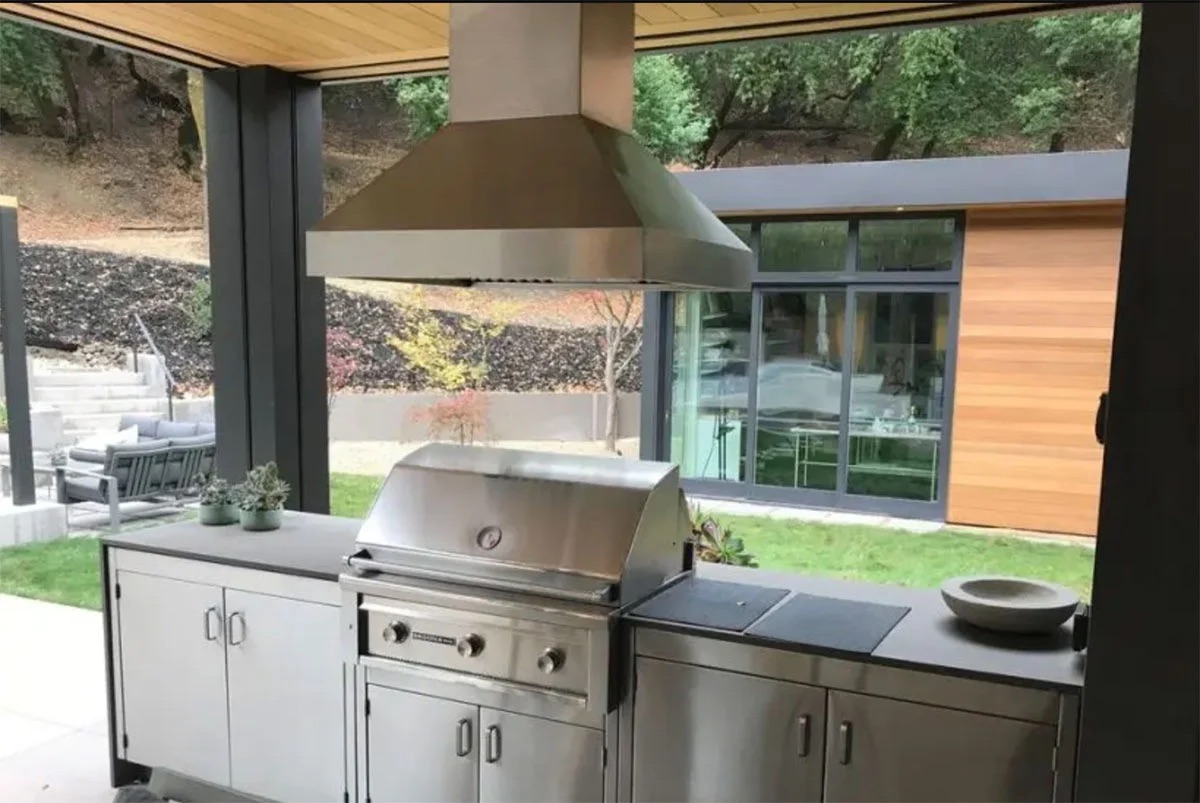
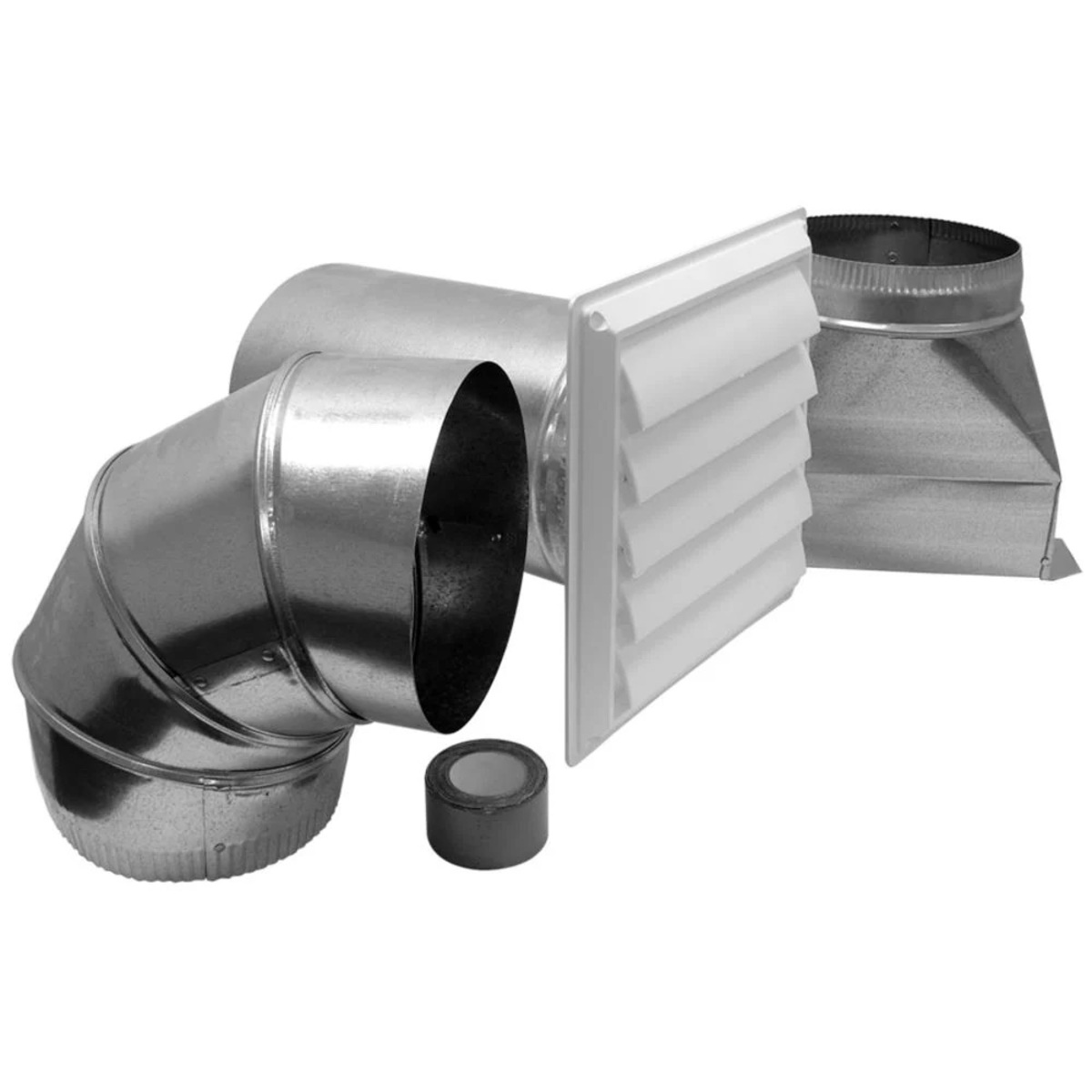
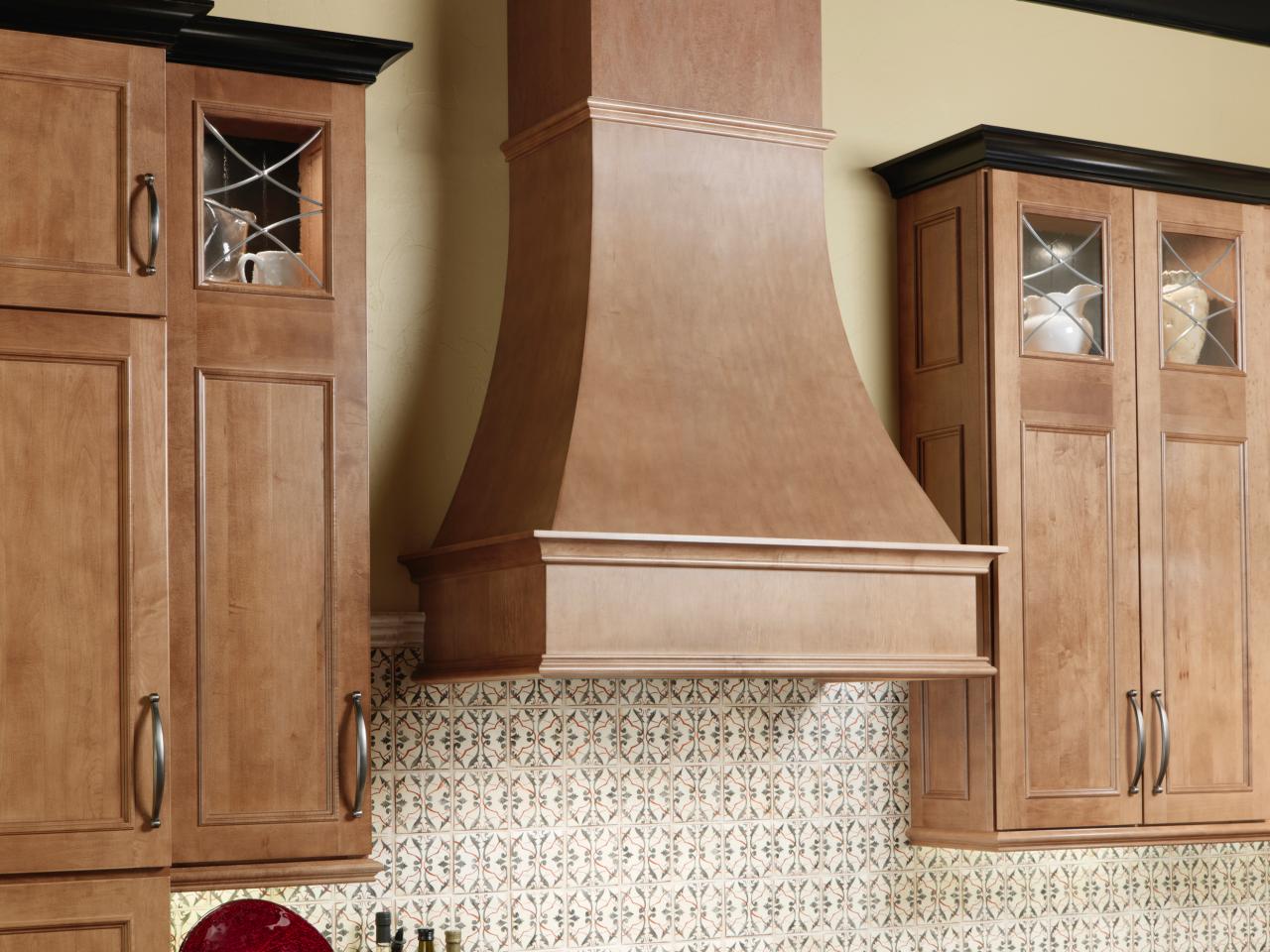

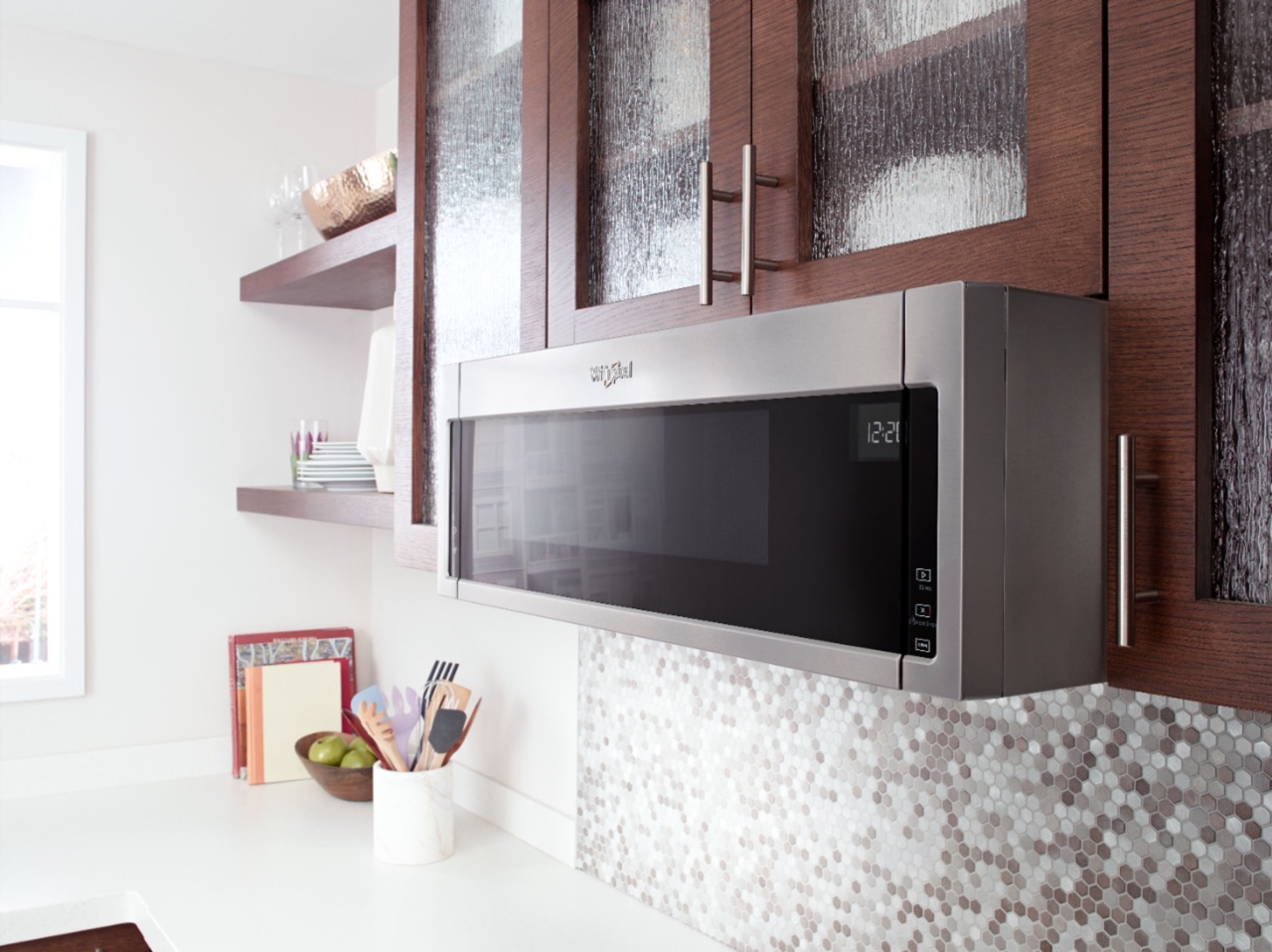
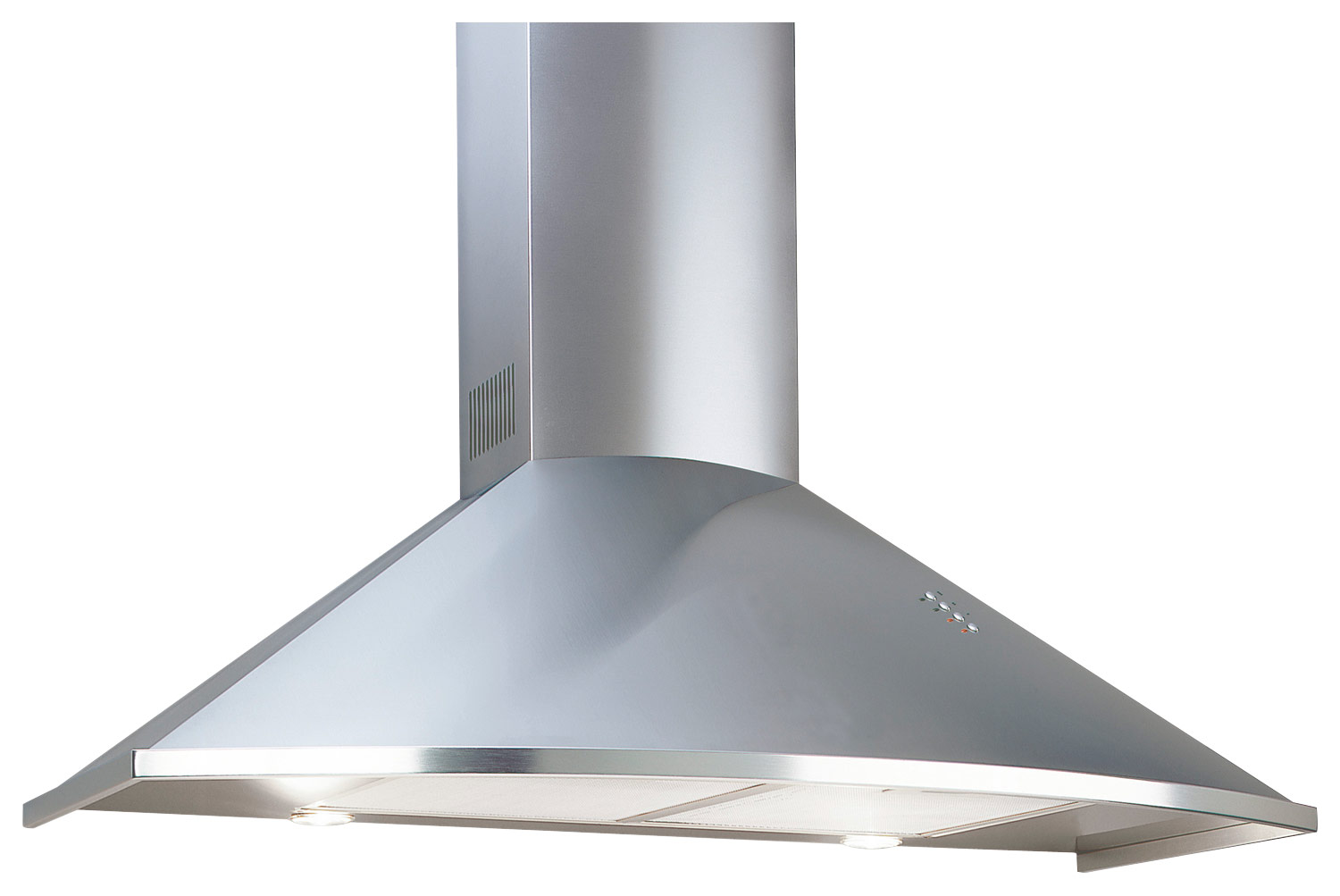
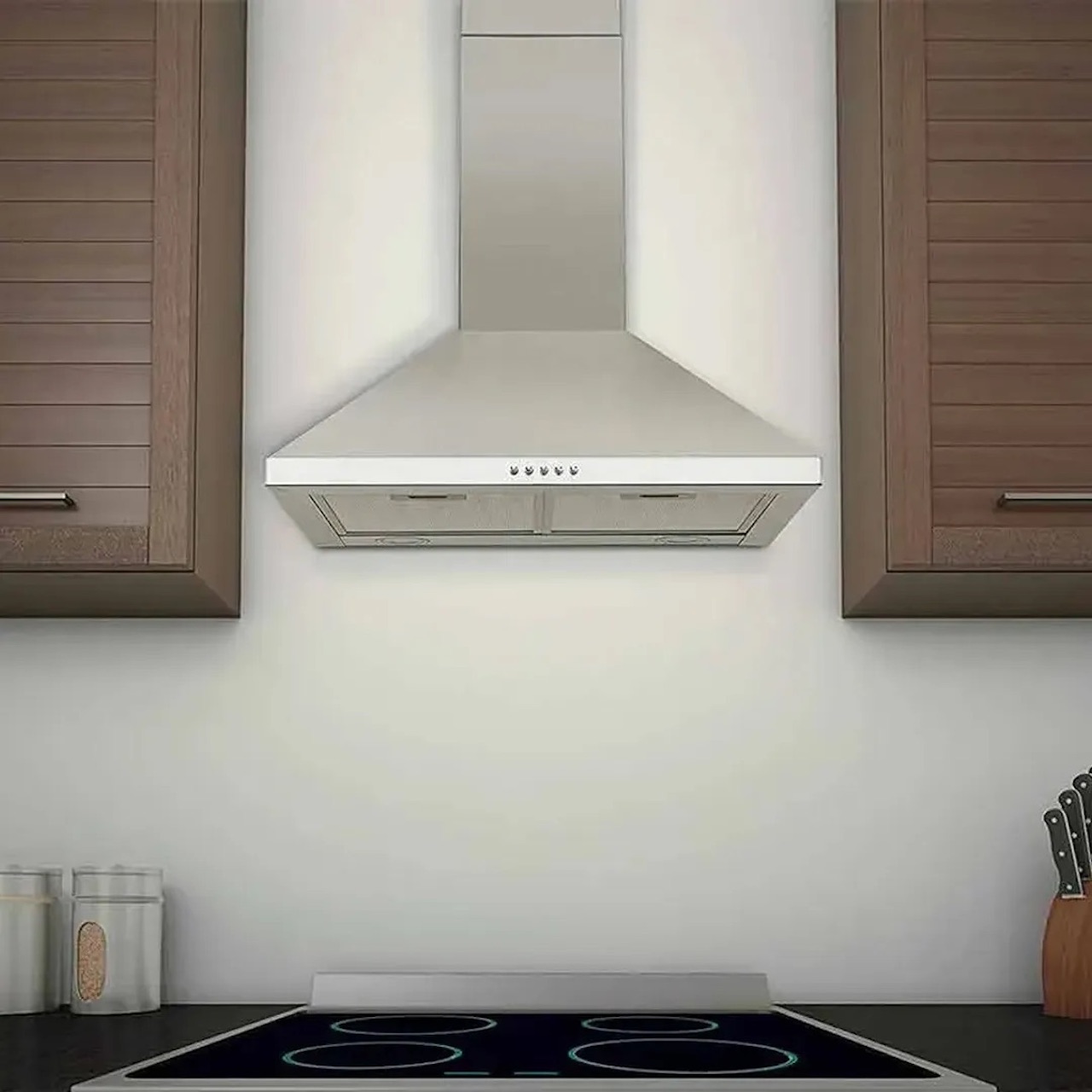
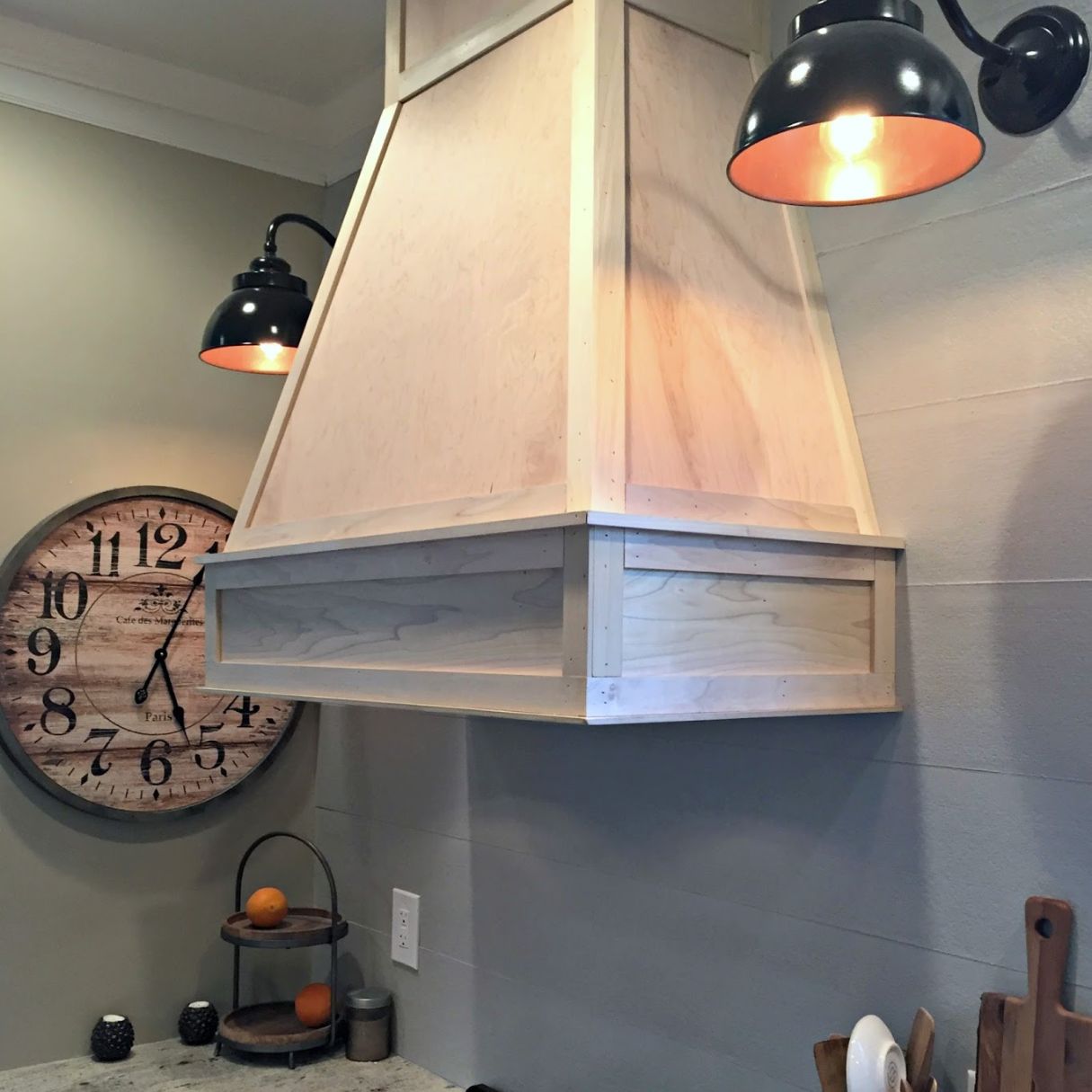
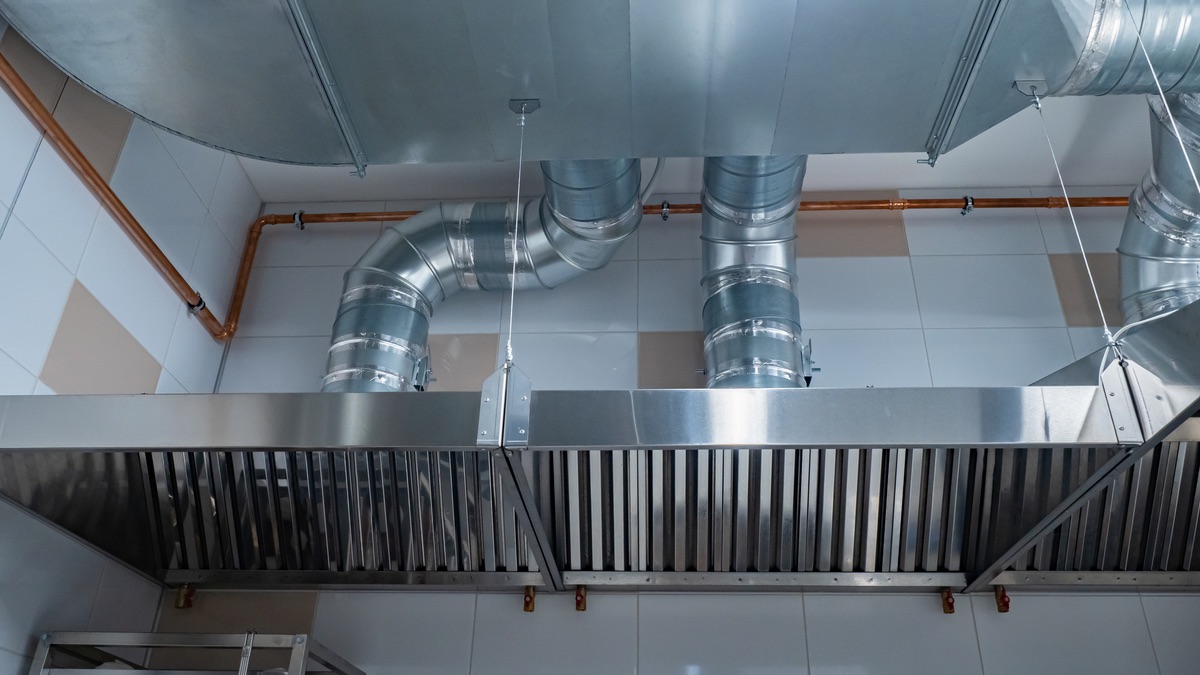

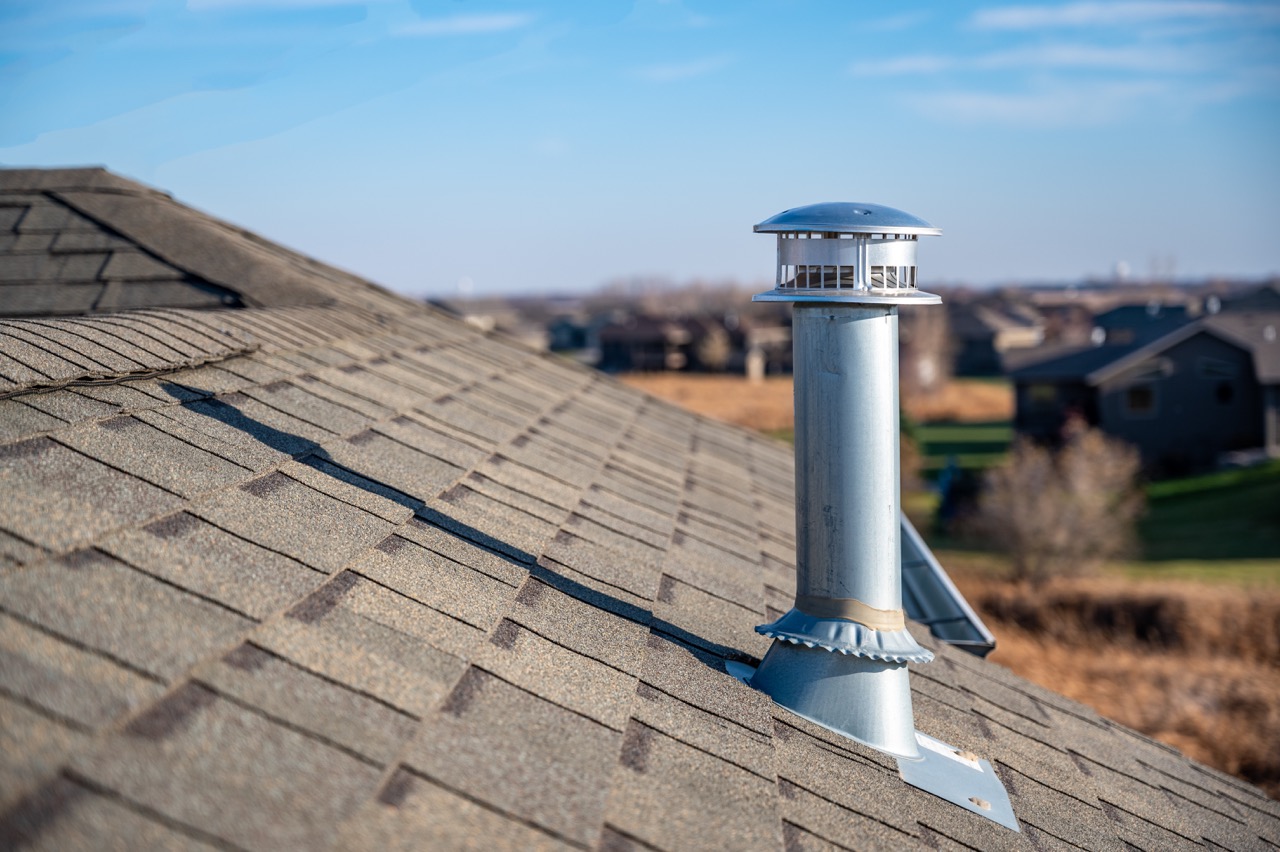
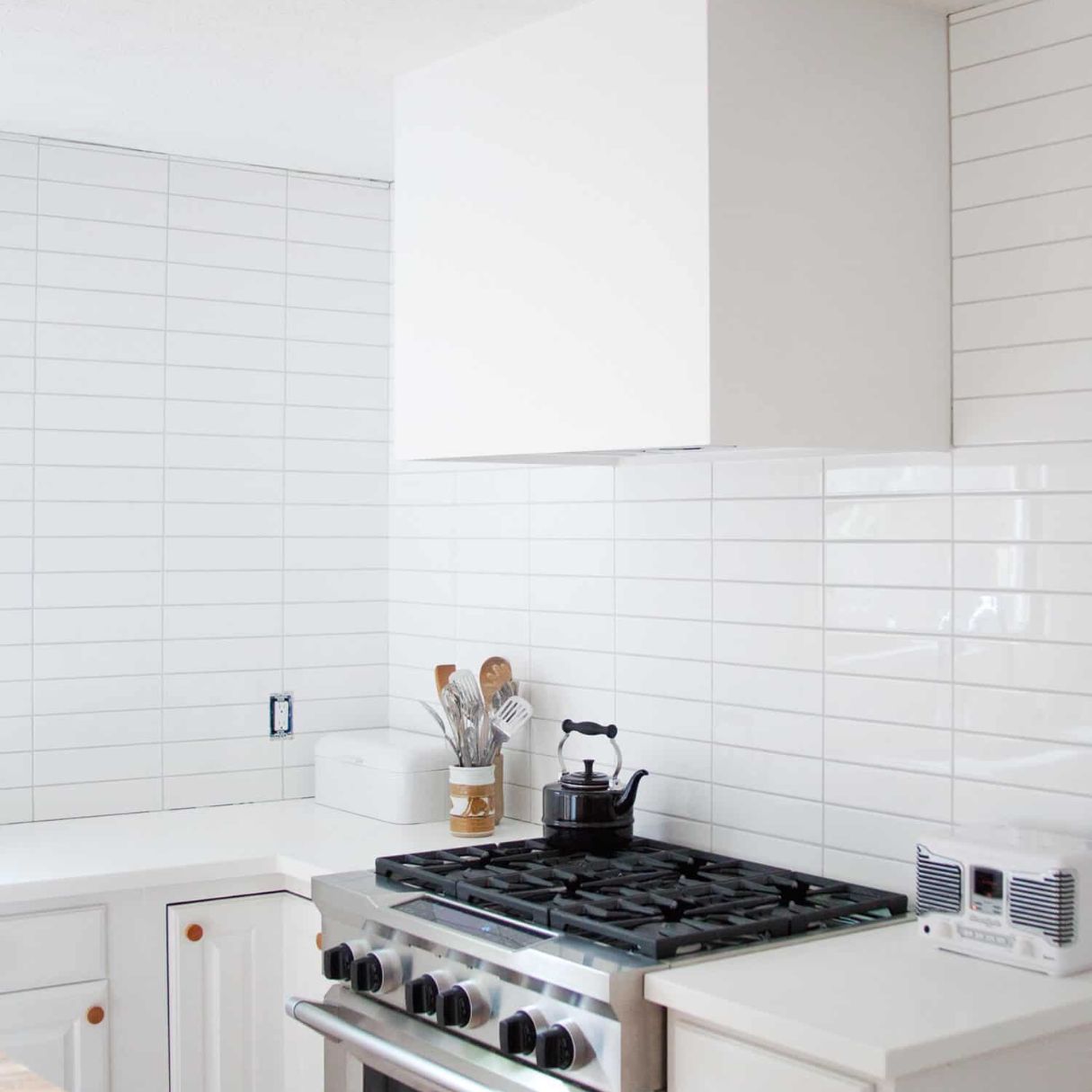
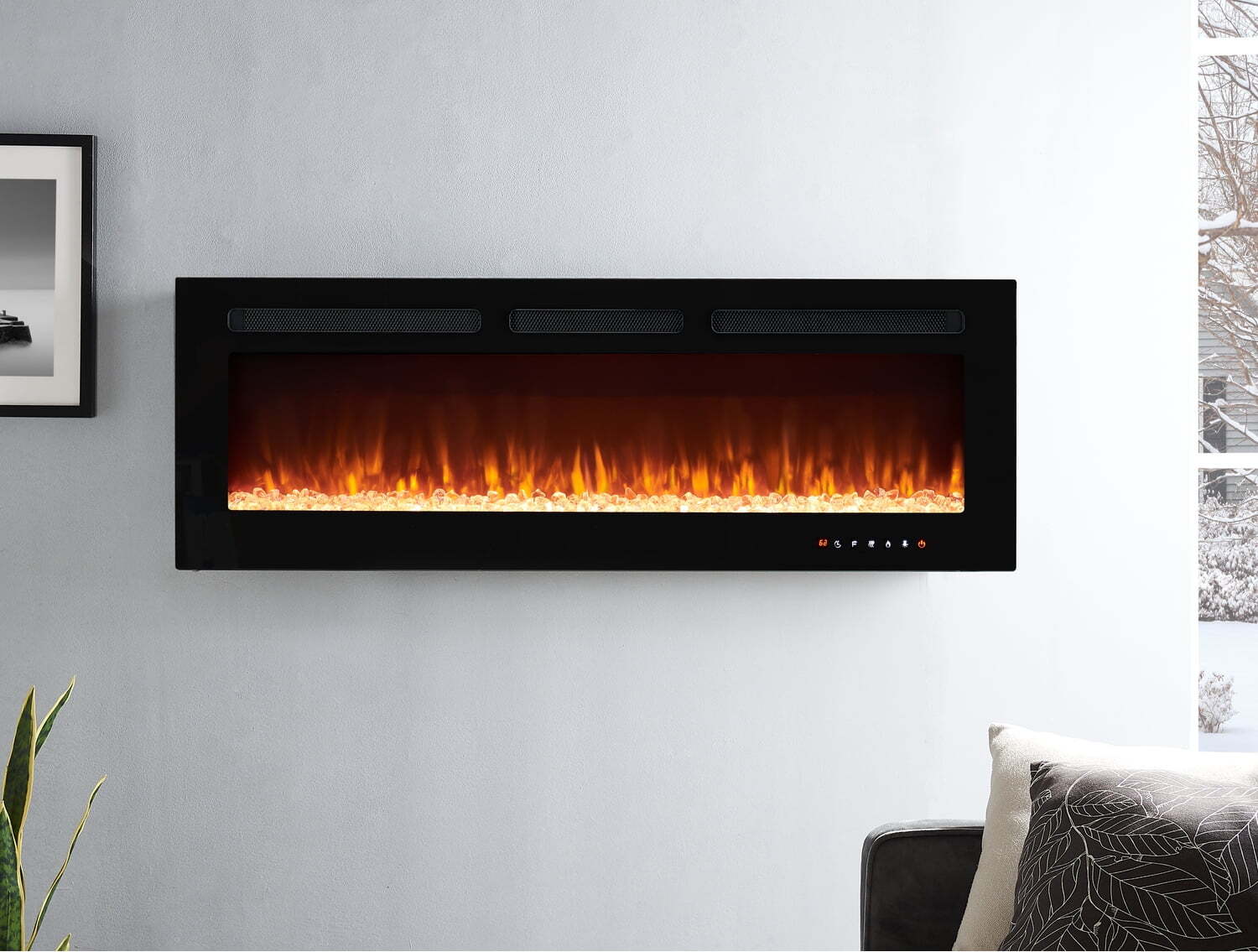
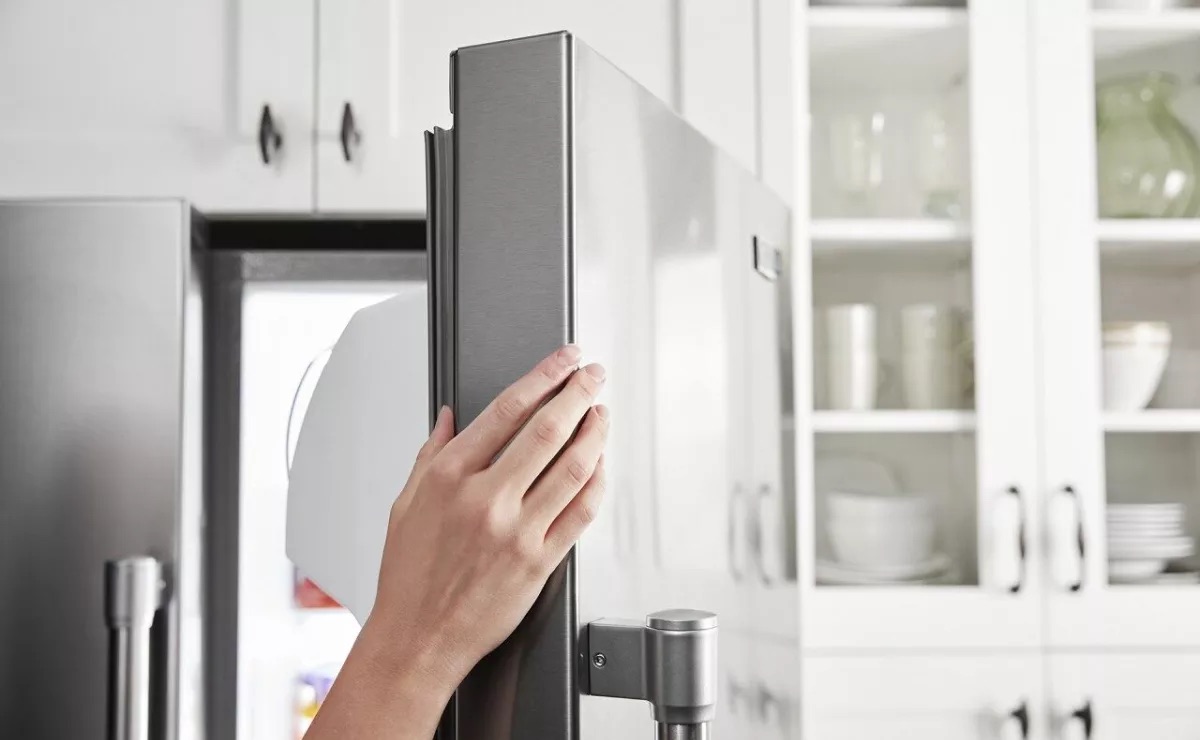

0 thoughts on “Why Is Range Hood Vent Making Noise When Windy?”